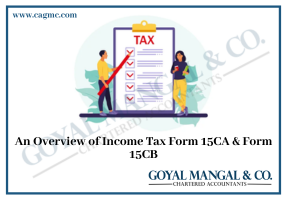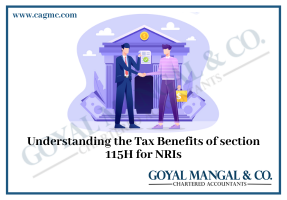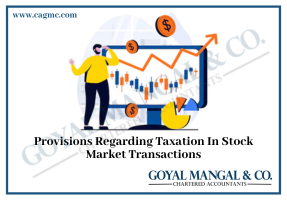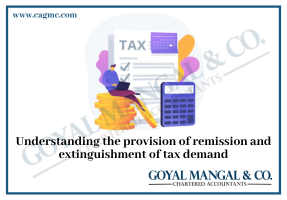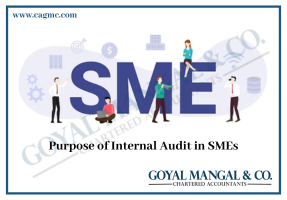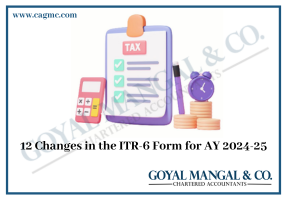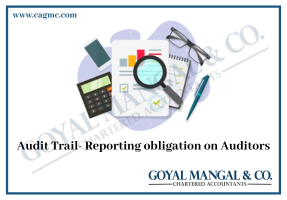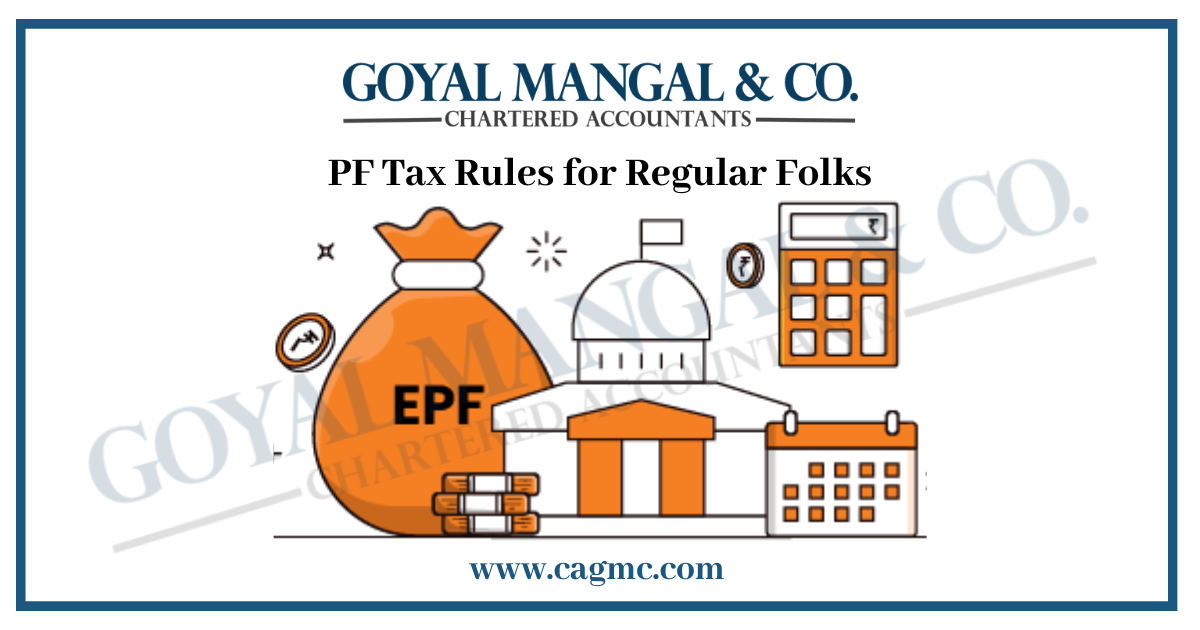
Interest on recognized provident funds plays a crucial role in the financial landscape, offering individuals a means to accrue additional income on their savings. Ever wondered if the sweet interest your Provident Fund (PF) earns gets the government attention? This blog cracks the code on recognized provident fund taxability, PF interest and taxes, explaining it in simple terms about taxable interest on PF, so you can rest easy knowing exactly where you stand. Buckle up, let’s navigate the rules and keep your hard-earned savings safe!
| Table of Contents |
Meaning of Provident Fund
The provident fund is designed to ensure financial stability during retirement by serving as a savings plan. The Indian Government oversees the operations of this program. In this system, a particular sum of money is contributed by both the worker and the company to the program.
Upon retiring, the employee will receive a guaranteed lump sum payment, which encompasses both their own and the employer’s contributions, along with interest on both amounts. The sum of money can only be withdrawn or accessed once the maturity period has ended. Individuals can rely on this one-time payment as a financial cushion when they retire and lack a consistent monthly income.
Nevertheless, the sum is liable to be taxed, an aspect that has had an impact on individuals’ investment decisions in provident funds. We will examine closely the impact of the tax on the interest earned from provident funds on individuals employed in salaried professions and also provident fund exemption from Income Tax and also Interest credited to recognised provident fund is exempted upto what amount.
Types of Provident Fund
Looking towards a secure retirement? Below mentioned are the two retirement schemes:
- EPF: Imagine a retirement piggy bank that both you and your employer contribute to each month. That’s EPF! Both parties’ chip in 12% of your basic salary and dearness allowances, building a nest egg for your golden years. Feeling proactive? You can even top up your contributions for an extra boost. Remember, timely contributions are key, as employers face penalties for missed payments.
- Grow Your Savings with PPF: Want to kickstart your own retirement fund? PPF is your go-to option. This government-backed scheme welcomes any individual with a minimum deposit of just Rs. 500 and lets you build your savings up to Rs. 1.5 lakhs per year. Bonus: your contributions, along with the interest earned, enjoy sweet tax-free benefits!

So, which one is right for you? EPF is mandatory for many salaried individuals, while PPF offers flexibility for anyone. No matter your choice, both schemes help you save with tax benefits and pave the way for a comfortable retirement. Start planning today, and watch your future self say “thank you.
Benefits of Provident Fund
The Provident Fund isn’t just about securing your golden years; it’s a treasure chest of financial advantages! Let’s unlock its benefits:
- Tax deduction: Section 80C of the Income Tax Act acts as your financial friend, allowing you to deduct your employee contributions to the PF from your taxable income. Think of it as putting money in your PF and reducing your tax bill simultaneously!
- Interest: Not only do your contributions save on taxes, but the interest earned on them also enjoys a tax-free paradise. Up to Rs. 1,50,000 of this interest can stay untouched by the taxman!
- Early Bird, No Tax Worm: Stick with your PF for at least five years before making withdrawals, and you’ll be greeted with complete tax exemption. No penalties, no hassles, just smooth sailing into retirement
- Short Stint, Tax Hint: Withdraw before five years? The withdrawal amount and the interest earned face the taxman’s scrutiny. Additionally, your employer’s contributions and any interest on them get added to your taxable income. So, a longer commitment offers sweeter tax rewards!
- A Pension for Life: Contribute even for ten years, and the Provident Fund ensures you a reliable monthly income after retirement. Imagine a steady stream of support, even if you haven’t been a dedicated contributor throughout your career.
- Built-in Insurance: Rest easy knowing you’re covered by the Employee Deposit Linked Insurance Scheme (EDLI). This built-in life insurance provides your loved ones with a lump sum payment in case of your unfortunate demise during your service period. The best part? Every EPF member automatically benefits from this scheme.
- Bonus Benefit: Easy Withdrawals! Don’t worry about getting locked into your Provident Fund forever. The good news is withdrawals are now more accessible. If you haven’t found a new job within two months of resigning (unless, of course, you’re jetting off for an international opportunity!), you can access your funds earlier than you might think.
Tax Time for Provident Fund Contributors? Understanding the New Rules
In the 2021 budget, alterations were made to the existing interest rates of the provident fund. The budget established a limit on the tax-exempt interest that an employee could earn on their contributions to the provident fund.
Starting April 1st, 2021, employees who contribute more than 2.5 Lakh per year to the employee provident fund will be obligated to pay taxes on the interest accrued beyond this threshold. So this is PF interest taxable limit. This tax does not apply to PPF as the highest annual PPF contribution allowed is Rs. 1,50,000.
This condition will be applicable to government workers who are beneficiaries of the GPF (Government Provident Fund). So, if the contribution of employee toward the provident fund is Rs 3,00,000 then as per the employee tax slab the interest of 50,000 will be taxed. Also interest on PF is taxable after retirement too.
Takeaway
In conclusion, the taxability of interest on recognized provident funds adds a layer of financial consideration for individuals. While the interest serves as a rewarding aspect of diligent savings, understanding the tax implications is equally important. As individuals navigate their financial journeys, being mindful of the tax rules ensures that they make informed decisions, optimizing both savings and tax benefits in the process.

